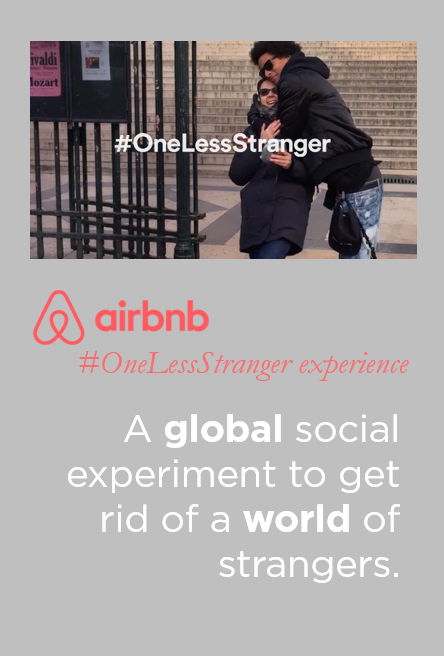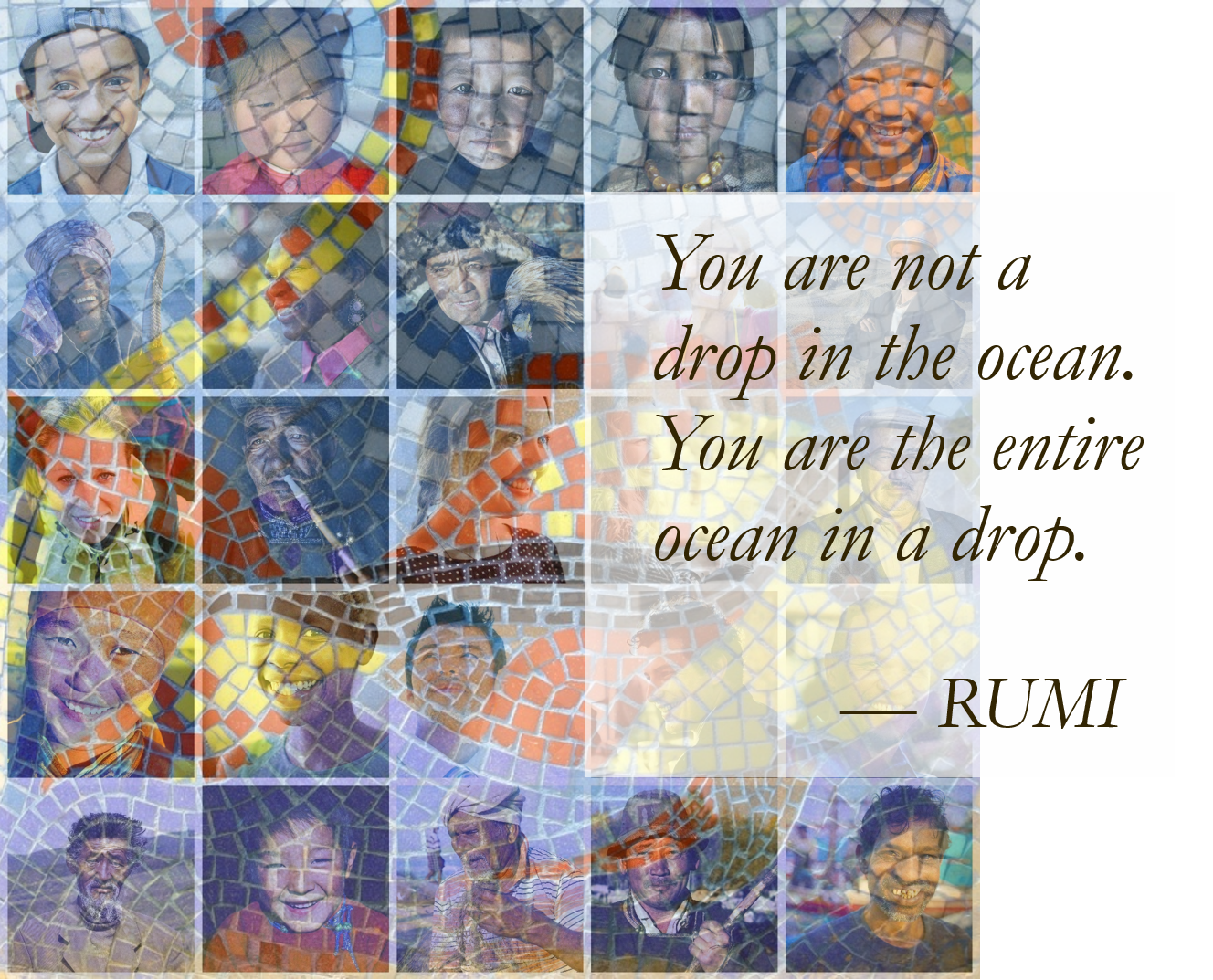The “Continental Divide”: Why Organizations Must Focus on What Unites Us Rather Than What Divides
By Agnieszka (Angel) Muxlow, Community Strategist, Gongos, Inc.
With the rising adversity and volatility being felt by many across continents, there is inarguably a new imperative for B-to-C Global 1000 organizations to refocus their energies on what unites us as humans; not what divides. After all, if the life blood of such organizations is based on the reciprocal relationships with every consumer they serve, then the realization of true reciprocity can only occur when organizations recognize—and build consumer intelligence programs—that acknowledge humanity as a whole.
Regardless of our native land or region of the world we reside, our shared experiences and emotions are the connectors of the human race.
As Rumi so eloquently scribed, it’s not so far reaching to see humanity as an ocean wherein we form its ecosystem. As insights professionals, we must help guide organizations to recognize the drops of individualism—rather than data points eager to be charted—that make our humanity so beautifully and uniquely human. Just as there are nearly 28,000 species of fish across our oceans, there are thousands of human cultures across our continents.
A Personal Journey
Having been engrained in global market research for the past 12 years, and a Polish immigrant myself, I understand that it takes far more than being fluent in a language or comprehending cultural nuances to break down this so-called “inter-continental divide.” Rather, it nearly mandates a sense of belonging—or, a true sense of relationship-building among one another regardless of our country lines.
Arriving in the United States in 1991 as an 11-year old girl from a country just freed from communistic binds, I was literally a fish out of water. Beginning middle school in a foreign country brought forth struggles beyond my then-wild-eyed imagination. Surprisingly, however, despite the language barrier and differences in cultural mores, I was able to build strong connections and establish trust amongst the mosaic of a community that was my youth. These connections were purely seeded in our shared experiences as humans. And although we were young, our parents and adult figures of influence nurtured and rewarded our mutual acceptance.
Thinking Beyond Globalization
As described in the 2015 book “Analyzing the Cultural Diversity of Consumers in the Global Marketplace,” a strong global brand requires more than globalization. It requires “maintaining a continuous relationship with buyers and users.” To make savvy and relevant decisions across global markets, organizations must find worth—and strategies—beyond globalization. Not only must they need to understand and honor cultural behaviors, rituals, values and hierarchical systems, but learn to build trust through commonalities…and mutual authenticity.
Airbnb founder Brian Chesky speaks to this very notion in his “one less stranger” social movement launched in 2015. By cultivating the ties that bind—and making decisions based on what is good about, and for, the relationship—organizations must stand and take note. Further supporting this notion is Columnist Jordan Kretchmer’s article, inspiring loyalty and setting themselves apart from the competition, which illustrates the value of connecting with all people to deposit value to the vast ocean of humanity.
Human Connections in the Corporate World
General Motors, a long-time client of ours, recognized this very early on with one of the first global online—and mobile—community of consumers across four continents. Aligned with its corporate-mandated core value of “customer as their compass,” the community affords a direct link to consumers around the globe, and in varying languages and dialects.
This longitudinal, yet agile, environment feeds a crucial holistic understanding of consumers’ lives as a whole beyond GM’s category: delving into who these consumers are, how they live, and what their needs and pain points are related to personal mobility. In doing so, GM is creating business strategies that are improving lives and lifestyles around the world. As such, the community unites vehicle owners to engage in deep discussions with one another, while building connections and sharing experiences. For many of our global members, the community not only offers a venue to have their voice heard, but also provides a sense of belonging that elevates their level of comfort in sharing life stories.
Establishing Thriving Connections
Similar to the fundamentals of any successful relationship, B-to-C organizations must build strong ties with their customers, regardless of where they reside around the globe, through displaying and depicting a sense of value in their lives. In doing so, they will prove that they look past customers’ wallets and don’t merely consider them strangers with whom to ‘transact’ with. Organizations should strive to have a strong presence in customers’ homes, their family’s lives, their stories and their conversations regardless of the soil their home was built on. By securing these fundamental relationship needs, organizations will make intelligent decisions based on a deeper—and shared—human understanding.
At Gongos, we guide organizations in building these crucial reciprocal relationships by broadly and deeply diving into understanding the individual intricacies that shape all of us as humans. As immigrants and truth seekers ourselves, we strive to break down the complexities of human stories, and the experiences that shape the human decision-making process.


